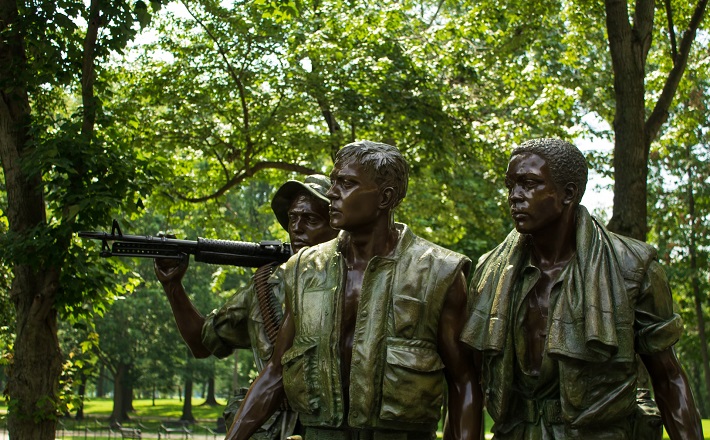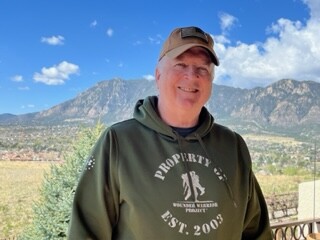I’ve been asked to comment on the question, “What is preaching that is sensitive to veterans?” I interpreted this request to mean, “What is preaching that is helpful to veterans, and what do they listen for?”
Veterans are a diverse population differentiated by their branch of service, age, gender, rank, military occupation, place of duty, time in service, and combat/trauma exposure. I do not speak for all, but I will speak for me. I am a combat veteran, husband, and grandfather, who is also an ordained pastor and a retired Army Chaplain. Hopefully, my response will resonate with the experiences of other pastors and veterans.
As a veteran chaplain, I served, worked, lived, and worshiped in communities that were more spiritually, racially, and culturally diverse than the synod I came from, and the congregation to which I currently belong. I carry this background with me when I come to church to hear the Gospel preached, receive eucharist, and participate in the community. All else is adiaphora.
What makes sermons difficult for me are instances where pastors fail to account for the moral complexities that I faced as a soldier, some of which I’m still trying to reconcile. This does not mean that I want my pastor to specifically preach according to my agenda or personal sensitivities. I want her/him/them to help me critically reflect and do vital business with the Living God.
During the Vietnam War, a chaplain visited Karl Marlantes’s Marine platoon, and he provided them with alcohol, jokes, and conversation. The visit left Marlantes numb, and he explained, “I was struggling with a situation approaching the sacred in its terror, and contact with the infinite, and he [the chaplain] was trying to numb me to it. I needed help with the existential terror of my own death and responsibility for the death of others, enemies, and friends, not Southern Comfort. I needed a spiritual guide.”1
Marlantes’s words echo the experiences of veterans who encounter a lack of understanding about the military values that continue to strengthen their identity as human beings and disciples. His words also echo the experiences of veterans who suffer betrayals, guilt, shame, anger, and isolation from events that occurred in their line of duty and continue into the present.
These are morally complex experiences that blend veterans’ vocational stewardship with their daily discipleship. Thus, veterans need pastors to be spiritual guides who help them navigate their moral complexity, not tour guides who direct them to scheduled destinations.
For example, on Palm Sunday I heard a well-constructed sermon that contrasted Jesus’ humble entry into Jerusalem riding on a donkey with Pontius Pilates’ triumphal entry into Jerusalem riding on a warhorse. The purpose of the sermon was to resolve the ongoing moral, binary dilemma between the Kingdom of God on behalf of the oppressed and political power on behalf of the powerful. However, the sermon failed to address the religious structures and theologies that created a trinary relationship between Rome, Jerusalem, and Heaven that drove the moral complexities of Jesus’ Passion.
As a veteran I heard this sermon through the morally complex triad between religious authority, political authority, and obedience to Christ in which I have served most of my life. I was offered a binary, “either/or” solution that was not helpful that day, nor in my past.
Triangulation makes moral navigation possible, and it is an essential tool for preaching the moral complexity of vocational stewardship in which veterans and church members live—and our Lord rides into … daily.
Such triangulation compels us to “preach deep” and go beyond moral binaries associated with patriotism, nationalism, and activism to get at the complex values and relationships that make community and life possible. Jesus did so when he healed the centurion’s servant, and so did Peter when he preached in Cornelius’ home. Prayerfully, we must do the same.
Further reading
- How Moral Injury Changes Us from The Faith+Leader
Notes
- Karl Marlantes, What It Is Like to Go to War. (New York: Atlantic Monthly Press, 2011), 7-8.

